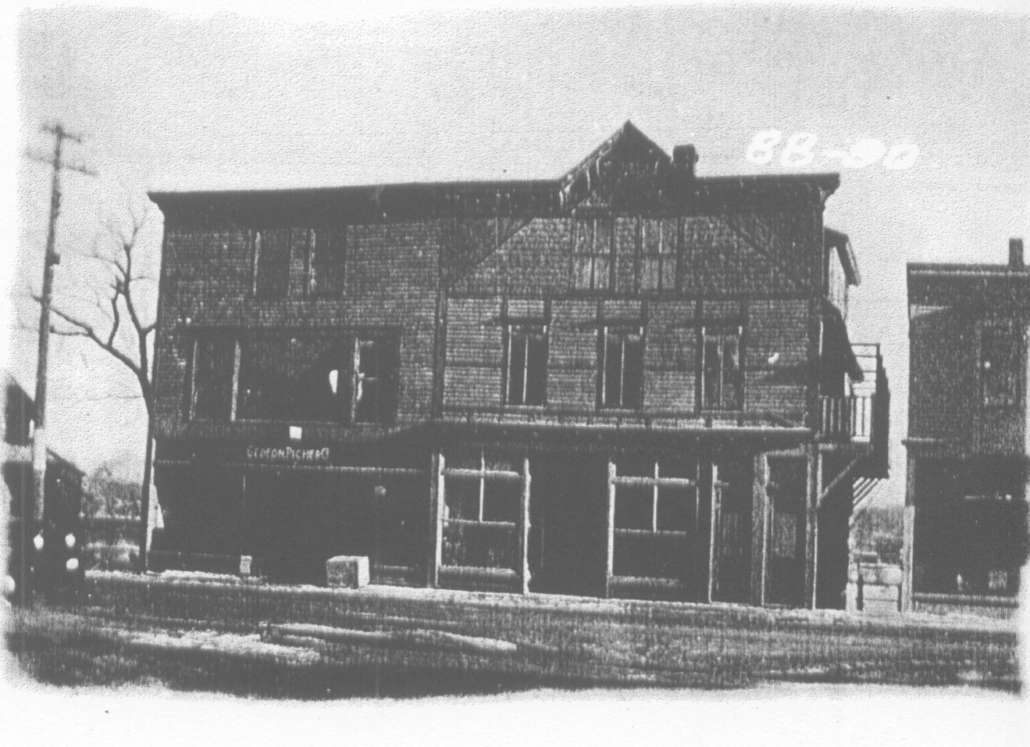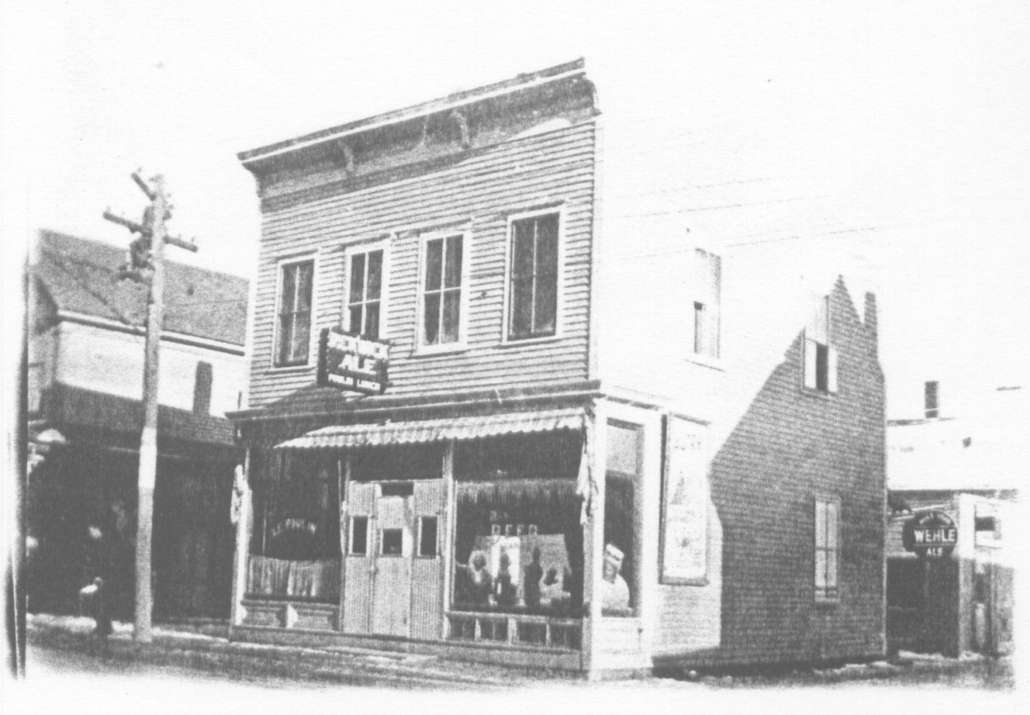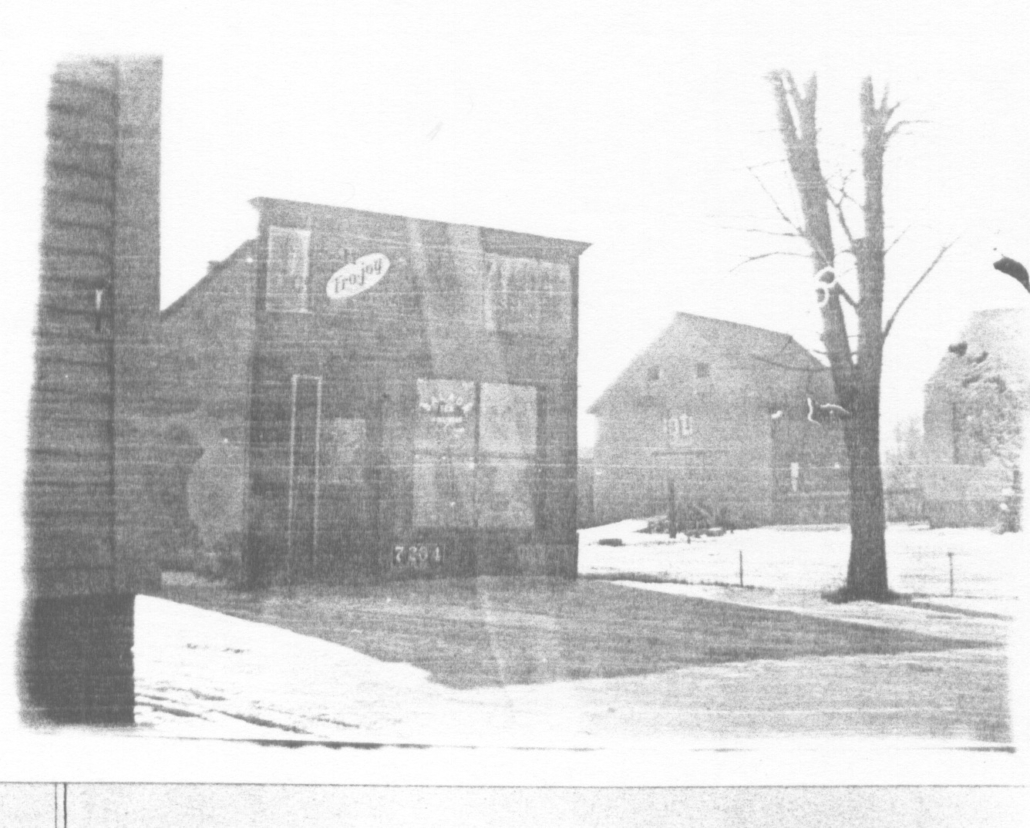New book by Waterville author gets rave reviews
 by Jeanne Marquis
by Jeanne Marquis
When you discover the compelling combination of a haunting mystery, unexpected plot twists and romantic conflict, you know this is a story that needs to be written. That was exactly what author Michelle E. Shores, of Waterville, thought when she stumbled across the Nelly Butler ghost hauntings of Franklin, Maine. This spark of an idea grew into the novel, The Gathering Room – A Tale of Nelly Butler.
Shores has had a lifelong love of history, genealogy and was already a nonfiction author of historical records, so a typical evening for Shores would be to pursue historical records. On Halloween night of 2015, Shores came across The Nelly Butler Hauntings: A Documentary History edited by Marcus LiBrizzi and Dennis Boyd. She became obsessed with this legend. It was a six-year long obsession that took her through the process of researching and writing a story, which she said at some points seemed to mysteriously write itself.
The Gathering Room is based on real people – Nelly Butler, George Butler, Lydia Blaisdell and Reverend Abraham Cummings – living in the late 1700s in an early port town of coastal Maine. Author Shores found actual written testimonies of the appearances of the ghost of Nelly and skillfully used these accounts as the foundation for her novel. She developed other fictional characters based on her research of her own genealogy and family portraits from the time period.
Shores’ accuracy for historical details and knowledge of life in early New England came from her two earlier nonfiction books, Vital Records of Bangor, Maine, Volume 1 and 2. Both of these works are part of the collection of the National Library of Congress.
As Shores wove the plot to fill the gaps left by historical records, she drew from her own imagination and detailed research of the customs of the times. Shores explains, “I knew that I needed to write a wedding scene for George and Nelly, and I started researching 18th century, 19th century wedding customs. I came upon the custom of putting the little ring in the posset to find out who the next bride was going to be, whereas we throw the bouquet. They created this custard-like alcoholic drink called posset, and they would put a little ring in it. Whoever found the ring would be the next one to get married.”
Shores tells people the book wrote itself. The ring, a theme running through the book, is one example of why she feels this to be true. She told of another incident of how an idea came to her more mysteriously. Shores was working on her book while on vacation with her husband in Jamaica and was typing along rapidly because the words were flowing. She looked over the text and saw the phrase “sardonic smile.” She didn’t remember ever using that word before and wasn’t quite sure what the word precisely meant. She had her husband, who was sitting on the beach next to her look it up on his tablet. Sardonic was the exact adjective she needed for this description.
Shores has begun to hear from fans of her book who tell her the book is a gripping story that’s hard to tear themselves away. Shore remarked, “I had one woman who went out on her deck to start reading, and read until it got dark, realizing she was already on page 142.”
Another reader purchased the book while camping in Bar Harbor, and she realized how close she was to Franklin. She drove over there and located George Butler’s gravestone. She took a photo of The Gathering Room book next to George’s gravestone and posted it on the book’s Facebook page. Shores said, “My book cover is the exact same color as his gravestone. How weird? And I did not do that on purpose. I did not know. I had not even seen George’s gravestone.” Perhaps, this was another aspect of the book that was mysteriously meant to be? Readers will have to judge that for themselves.
The Gathering Room – A Tale of Nelly Butler offers all the elements of an intriguing winter read and a very welcomed holiday gift. This ghostly legend, which once divided a small town on the coast of Maine 200 years ago, comes to life through the writing of Michelle E. Shores. The Gathering Room is available for purchase at www.mshoreswriter.com.


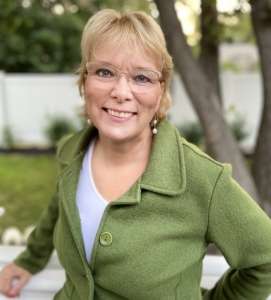



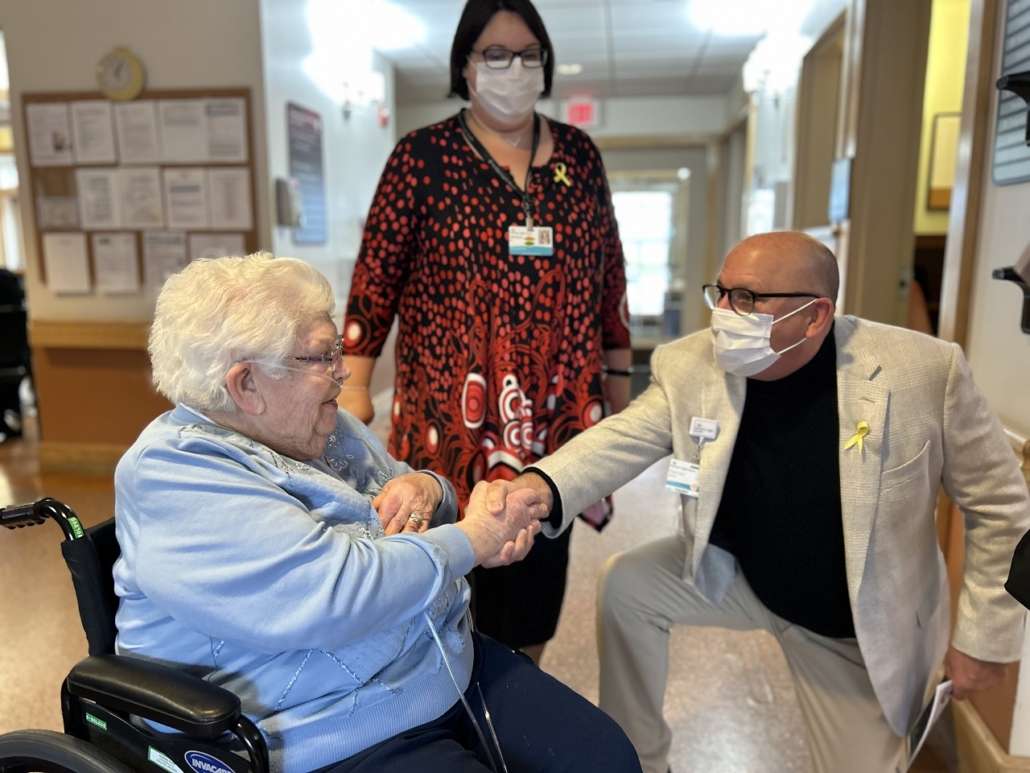


 The 59th annual Waterville Rotary Auction with hundreds of gifts, services and unique items will once again be held on-line through
The 59th annual Waterville Rotary Auction with hundreds of gifts, services and unique items will once again be held on-line through 
 Additional volunteers are still needed as the Alfond Youth & Community Center presents Family Festival of Trees again this holiday season, continuing a proud tradition begun by the Sukeforth family in 2015.
Additional volunteers are still needed as the Alfond Youth & Community Center presents Family Festival of Trees again this holiday season, continuing a proud tradition begun by the Sukeforth family in 2015.